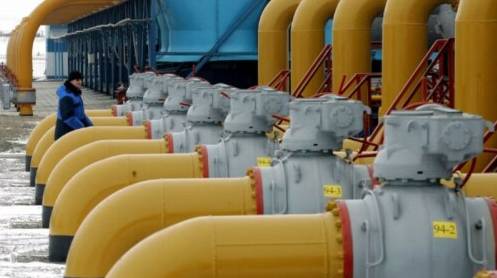Local refineries in Pakistan are poised to kickstart $5-6 billion investments over the next six years for their upgradation projects, with a key condition: putting an end to the influx of smuggled petroleum products from Iran. This condition is crucial to ensure the viability of the refineries’ expansion plans and the production of Euro-V diesel and petrol.
The Oil Companies Advisory Council (OCAC) has raised concerns over the continuous smuggling of petroleum products, which not only impacts revenue for the government but also leads to significant losses for oil marketing companies (OMCs) like PSO and Shell, amounting to $35.6 million monthly.
In a letter dated April 9 to the Special Investment Facilitation Council (SIFC), OCAC highlighted the threat posed by smuggling to the potential massive investment in refinery expansion projects. The letter emphasizes that unless effective measures are taken to curb smuggling, the viability of these projects could be questioned, prompting investors to reconsider their commitments.
The Refining Policy, approved in February 2024, presents a significant opportunity for substantial investment in refinery upgrades, increased production of deficit products, and compliance with Euro-V specifications. However, the persistence of smuggling jeopardizes these opportunities and disrupts the petroleum supply chain, impacting refinery operations and the profitability of OMCs and dealers.
Refineries like Attock Refinery Ltd, National Refinery Ltd, and Pakistan Refinery Ltd are ready to sign upgradation agreements with the Oil and Gas Regulatory Authority (Ogra), with an estimated investment of $3 billion. Additional investments from PARCO and Cnergyico could push the total investment to $5-6 billion.
The OCAC’s letter urges the SIFC to take aggressive action against smuggling networks to safeguard energy security and economic stability. Failure to address this issue promptly could have severe consequences for Pakistan’s oil industry and overall economy.
Story by Khalid Mustafa





